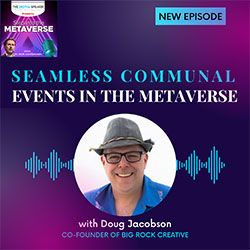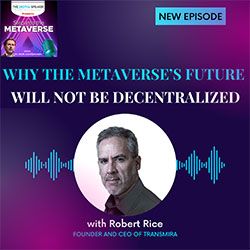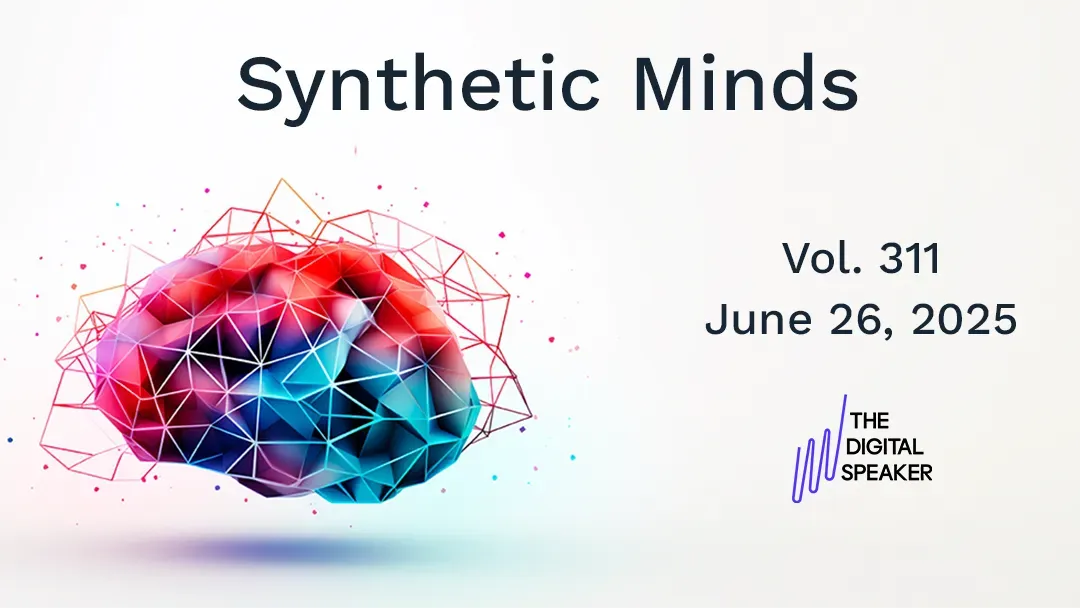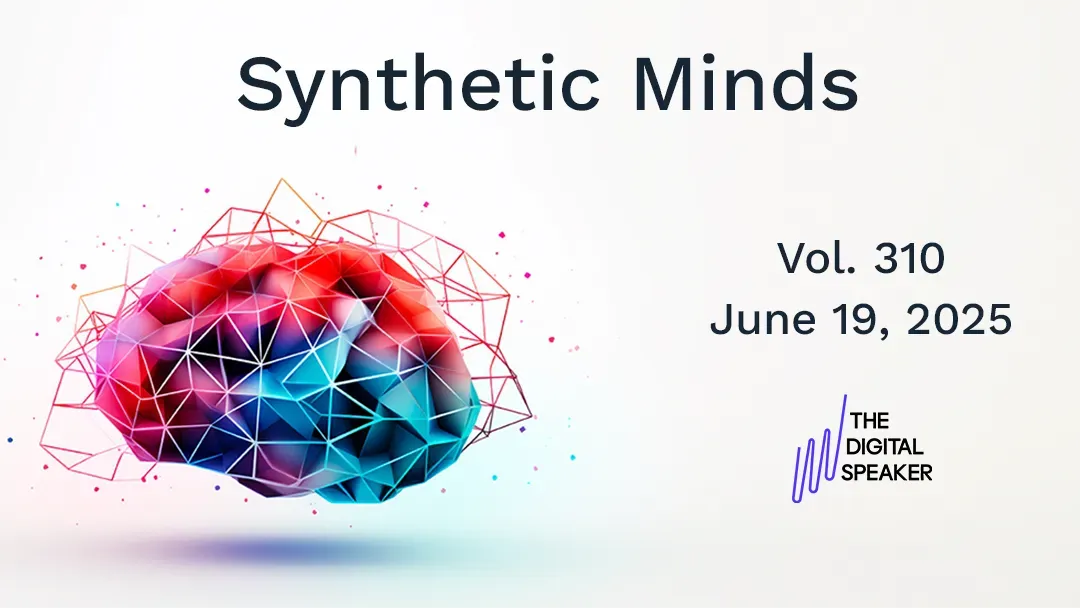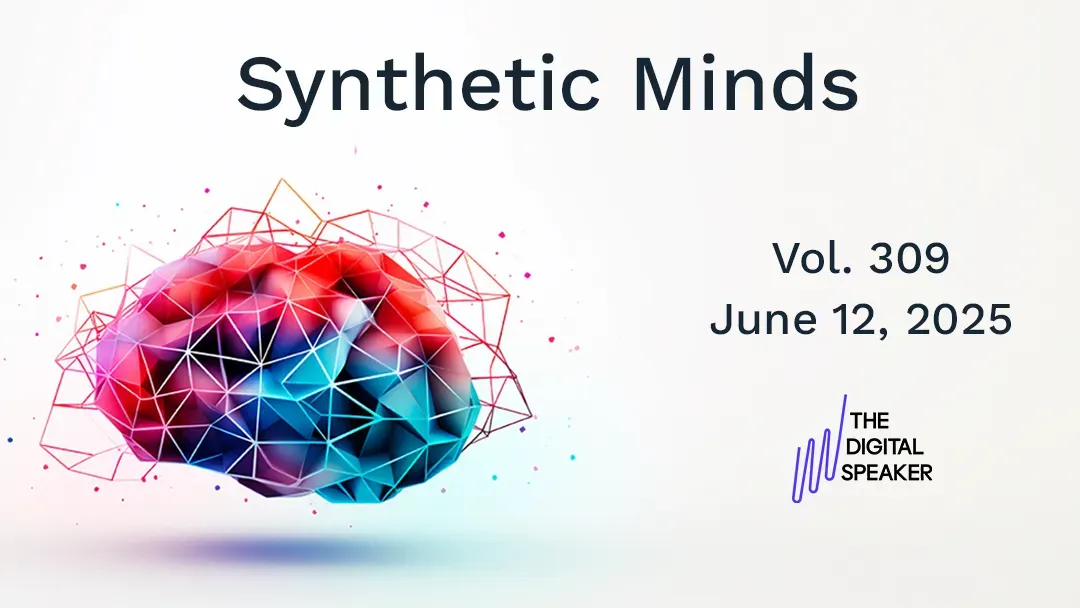The f(x) = e^x | The need for longtermism and rise of ambient computing

Good Day! This is my weekly newsletter, with a dose of insights into the future. The topic of this newsletter is the exponential times we live in, hence the title of f(x) = e^x, which is the (natural) exponential function.
You can visit The Digital Speaker to book me as a keynote speaker for your next event or to hire me as a future tech coach for your CEO. I have also published my trend predictions for 2022.
The Need for Longtermism: Why We Need a Long-Term Approach to Ensure a Thriving Digital Future

My latest article:
Longtermism is a way of thinking which recognises that we are not isolated individuals, but part of a complex social system, and we need it to ensure a thriving digital future.
For the past decade, we have been talking about how the Internet is changing our lives and businesses. We have debated whether its sheer size will allow it to revolutionise every aspect of our lives or if it can only change parts of our lives.
Our way of thinking needs to evolve, and we need to consider the impact our actions have on future generations. We need to stop thinking about how much money we can make in the short term and start thinking about how we can invest in our communities and make them better places to live. We must be aware that what we do today will affect others tomorrow, so we should act responsibly at all times.
Longtermism can be applied by any organisation, no matter what industry it operates in or what products or services it provides. It is about a way of thinking which recognises that we are not isolated individuals but part of a complex social system and that we have a responsibility to consider the impact of our actions on others – especially those who will follow in our footsteps.
Useful Nuggets of Information
My weekly tips from around the web to get you thinking.
1. Ambient computing: it’s not the metaverse yet, but it’s here.
While Meta and others are on a mission to try to jumpstart the metaverse, a very different vision of how computing is going—and where it might be headed tomorrow—is already here. They will determine how much time we spend adapting to a new world and how much we can live in one that suits us. (Fast Company)
2. Cancer survivor gives away VR headsets to relieve pain.
One cancer survivor and her husband in North Carolina wanted to help others in their community struggling with treatment-related anxiety, and they decided to focus on virtual reality. Samantha Haspel knows how virtual reality can distract patients from the pain of chemotherapy, radiation therapy, and other medical treatments and decided to give away VR headsets to help others. (Novant Health)
3. Scientists have built a robot that can build other robots.
Researchers at MIT’s Center for Bits and Atoms are designing robots that can self-assemble—and though the goal of an autonomous robot builder is still “years away,” early versions have already demonstrated positive results. (TechCrunch)
4. What kids really learn about creativity after playing with robots.
Researchers at Virginia Tech are investigating how children learn to program robots. This program aims to help students get an introduction to various scientific, technological, engineering, artistic and mathematical fields. (Virginia Tech)
The Step into the Metaverse Podcast!
A few months ago, I published my fourth book, Step into the Metaverse, which is meant as a blueprint for an open metaverse. As part of this book, I did nearly 100 in-depth interviews with the stakeholders building the open metaverse. I have turned a selection of these interviews into a new podcast, called ‘Step into the Metaverse’, and the next three episodes are live now! Subscribe on Spotify or Apple to be notified when the next episodes are released.

